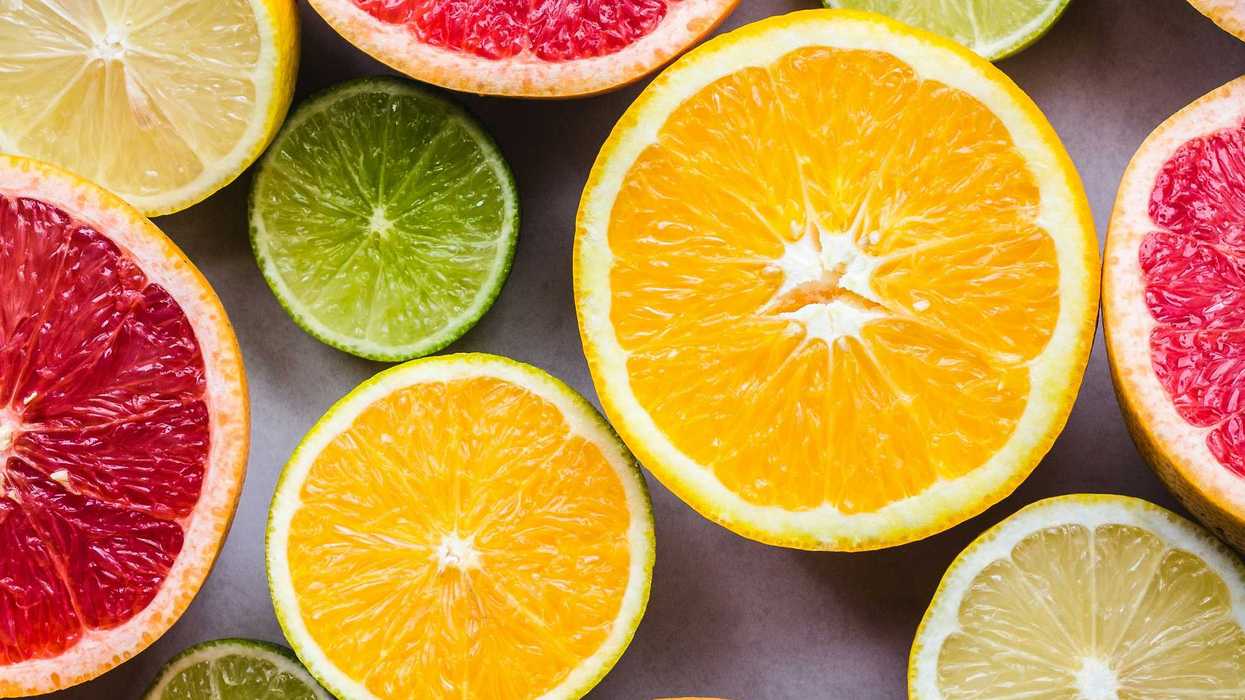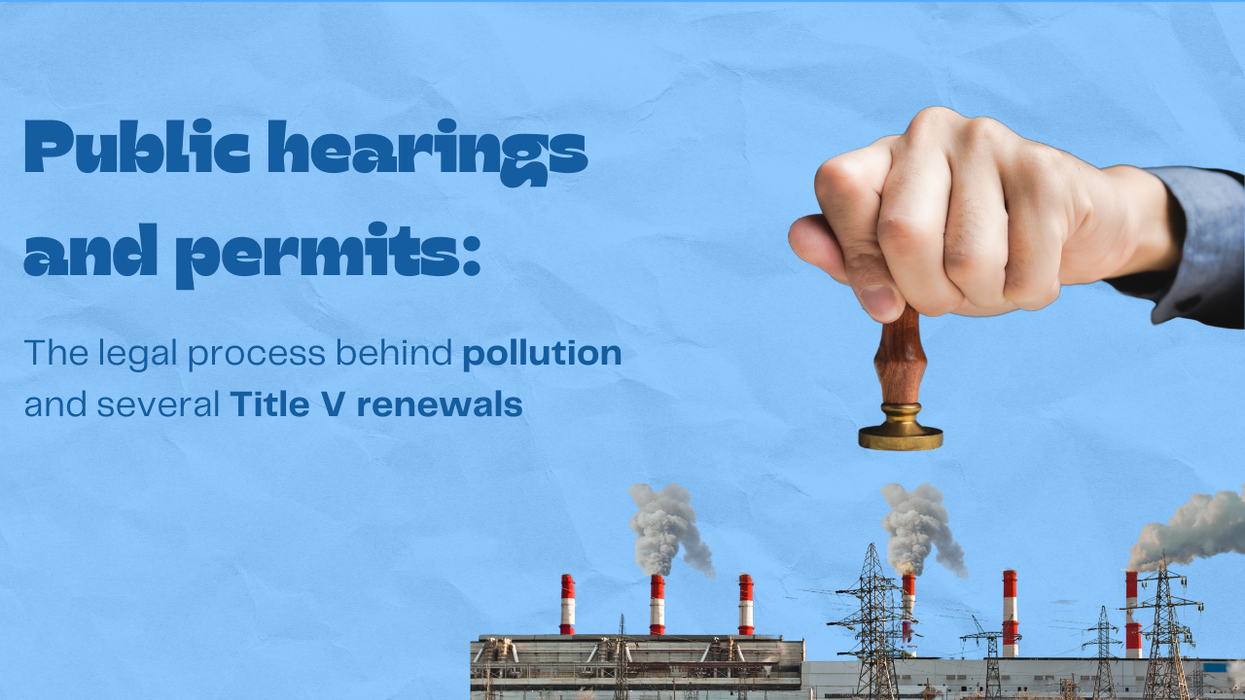Over the past century major advances in agriculture and medicine dramatically improved the lives of people the world over. But along with these advances came surprises. We found that the more we fertilized our fields the less fertile our soil became and that the more cheap calories we grew to feed people the less healthy we became.
The spate of recent discoveries about our own microbiome—the bacteria and other microbes that live on us and in us—help explain these unwelcome surprises. We are learning that our view of the microbial world is woefully outdated. It arose more than a century ago when we realized that some microbes could wreak havoc on our health and that of our crops. This led us to view all microbes as “germs,” invisible enemies we’d be better off killing or sanitizing out of our lives.
But now we’re finding that most of the microbes we encounter over our lifetime are either benign or can actually benefit us.
Early advocates of whole food diets and organic agriculture suspected that declaring war on all microbes would harm us, but solid evidence was a long time coming. Now, gene sequencing and related molecular biology technology have opened new windows into the diversity, abundance, and flexible repertoires of microbiomes in the soil and our own bodies.
We’re finding that most of the microbes we encounter over our lifetime are either benign or can actually benefit us.
Around the roots of plants and in the human gut, microbiomes help their hosts acquire nutrients and outcompete, crowd out, or even attack, pathogens. These tiny allies also deliver nutrients and produce metabolites that are critical for the health of their host. These relationships help underpin the way plants defend themselves and how our immune system protects us.
Of course, microbes don’t do these things to be nice. They do it because they benefit from their host. The root microbiome thrives on exudates—sugars and proteins that crops and other plants push out of their roots. And a well-fed microbiome produces useful metabolites that plants take back up, things like plant growth promoting hormones and compounds that help them fend off pests and pathogens.
There are parallels in our own bodies to what goes on between a plant and its root microbiome. In the least-loved part of our gut—the colon—fiber-fermenting microbes make metabolites with medicinal properties when we eat whole plant foods. Butyrate is one such compound. It helps nourish and maintain the integrity and vigor of cells that form the colon wall. Butyrate can also help quell the type of low-level systemic inflammation that lies at the heart of many chronic ailments.
So if we want healthy crops and people the prescription is really pretty simple—cultivate microbial allies. Microbiomes function much like a built-in health and defense plan for the botanical and animal worlds. And cultivating them means supplying these microbial allies with a healthy diet—high levels of organic matter for the soil, and high levels of fiber-rich plant foods in our diet.
What does this look like? Practices like no-till farming and cover cropping for the soil. And for us, eating a diet with more leafy greens, legumes and other complex carbohydrates. This doesn’t mean we can’t use fertilizers or eat meat, dairy, or even our favorite junk food. But it does mean that in our modern lives studded with dazzling technology we can take a cue from nature: mulch your soil—inside and out.














